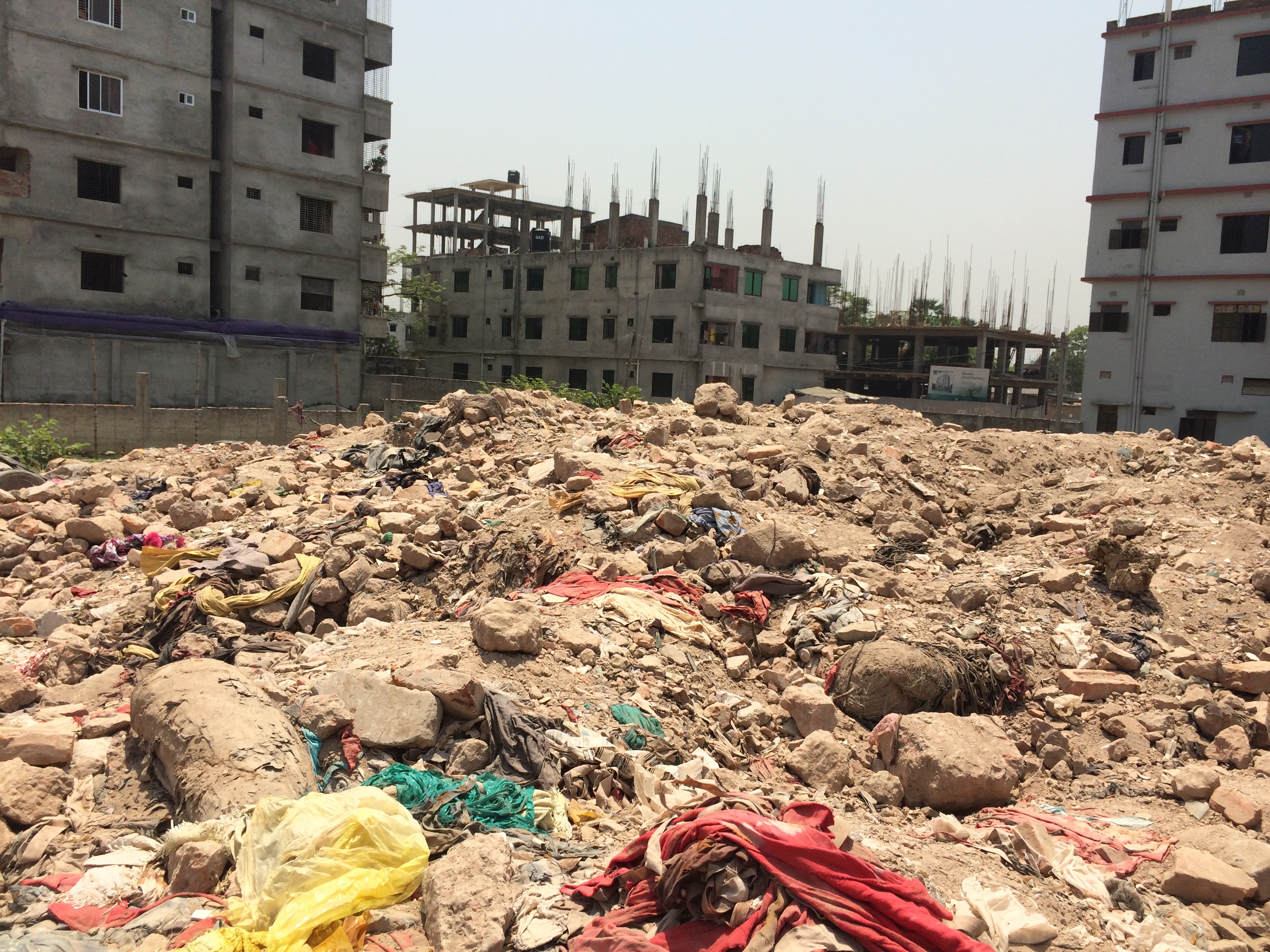Kalpona Akter was 12 when she went to work in one of Bangladesh’s garment factories. She worked almost all day, only taking breaks to sleep in the factory.
One day, a fire broke out several floors down from the one she was working on. Her boss wouldn’t let her leave at first, claiming that the fire wouldn’t spread to other floors. After an hour, they finally opened a staircase — only one, because management was scared that the employees would steal the clothes they were making.
Enraged by what she saw, she eventually turned her anger into passion and organizing. She was the head of Bangladesh Center for Worker Solidarity by the time the collapse of Rana Plaza in Savar would make the news.
Akter was devastated when the eight-story building, which contained a garment factory, collapsed in 2013, killing 1,129 and injuring 2,515. But through the work done by her, and people like her, their deaths need not be in vain.
“I say that every dark night has a shining morning,” Akter told the international solidarity forum at the Canadian Labour Congress (CLC) convention last Wednesday night.
The Accord on Fire and Building Safety in Bangladesh is Akter’s shining light — a historic, legally binding agreement that holds corporations accountable for the working conditions their products are made in.
The accord is a far cry from corporate social responsibility agreements (CSR). Jenny Holdcroft, the policy, trade and development director with the global union IndustriALL, who has also worked on the implementation of the accord, explained to delegates that while CSRs are dependent on corporations to adhere to them, the accord actually requires companies to agree to independent inspection. The agreement is also enforceable through courts.
The findings of accord inspectors have shown how necessary independent oversight is. Holdcroft detailed some of the findings inspectors have made, which include low grade concrete, floors overloaded with machinery, columns that can’t support their load and exit stairs that don’t actually exit the building — they simply exit back out onto the factory floor.
In a boost for advocates of the accord, many retailers have already signed on to the Accord, including Zara, Loblaws, H&M and Top Shop.
But many other retailers still remain to be signed. On top of that, a consortium led by Wal Mart has set up their own code, the Alliance for Bangladesh Worker Safety.
Paul Meinema, the president of the United Food and Commercial Workers (UFCW) who recently joined a delegation to Bangladesh, called a “nothing more than window dressing.” The code is not independently overseen or legally enforceable.
Despite this, Akter is not calling for a boycott. “All of you please buy,” she said. “Because if you don’t buy, that is a boycott and it would be suicide for my country.”
The garment industry is still an important employer in Bangladesh. She doesn’t want people to lose their jobs. “We want these jobs,” she said. “But we want these jobs with dignity.”
What garment workers in Bangladesh need now is for the rest of the world to remember Rana Plaza so that they continue to support the implementation of the accord. Akter and the rest of the panel called for delegates to take part in their campaign to get more retailers to sign on to the accord.
But the most chilling call for action came from Meinema, who told the audience what they found when his delegation toured the ruins of Rana almost a year to the day of the disaster — a pile of rubble, with human remains still waiting to be exhumed inside.
The demand for better working conditions for garment workers is not only found in Bangladesh. At the forum, delegates from Haiti and other countries came forward to explain that hoped similar accords could soon be put in place in their countries.
“The accord has set a precedent,” Akter said. “In Bangladesh we wanted to see if we could make these workplaces safe and then we can extend to other countries.”




